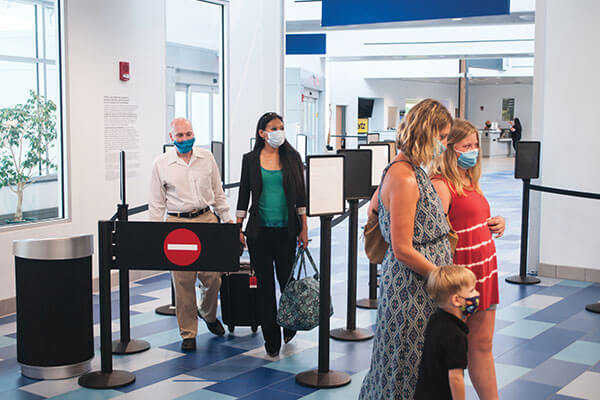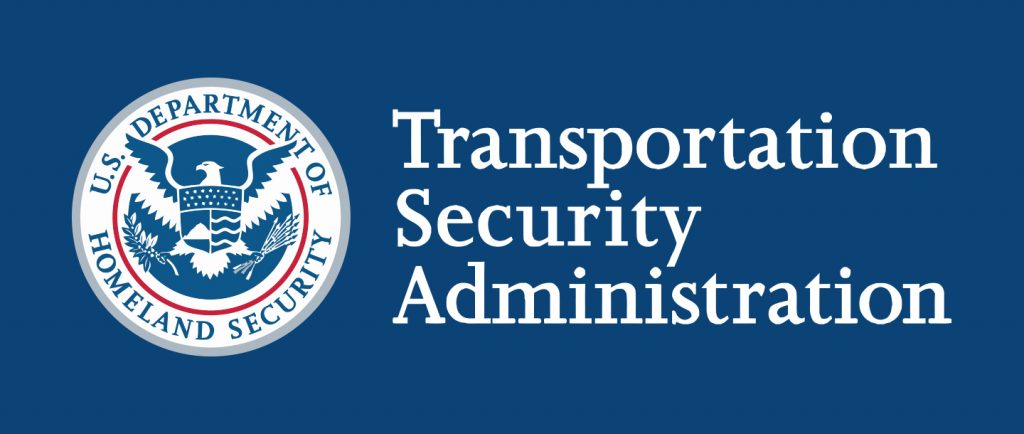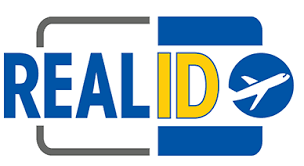Security / TSA Info


The Transportation Security Administration (TSA) provides the highest level of security and customer service to all who pass through the screening checkpoints at the Williamsport Regional Airport. Please click HERE or the TSA logo for the latest detailed travel information. The local phone number for the Williamsport Regional Airport TSA office is (570) 368-1123.
As a reminder, please allow extra time for check in due to TSA procedures.
REAL ID is a federal law that affects how states issue driver’s licenses and ID cards if they are going to be acceptable for federal purposes, such as boarding a domestic commercial flight, or entering a military installation or federal facility that requires ID. Beginning May 7, 2025, travelers are now required to have a REAL ID-compliant Driver’s License, Photo ID Card, or another form of federally-acceptable identification (such as a valid passport or military ID) to board a domestic commercial flight or enter a federal building or military installation that requires ID. REAL IDs are now available to Pennsylvanians who want them. Click Here for a guide that will help you decide if you need a REAL ID, and provides information on what documents you will need and steps you can take to get an optional REAL ID.
